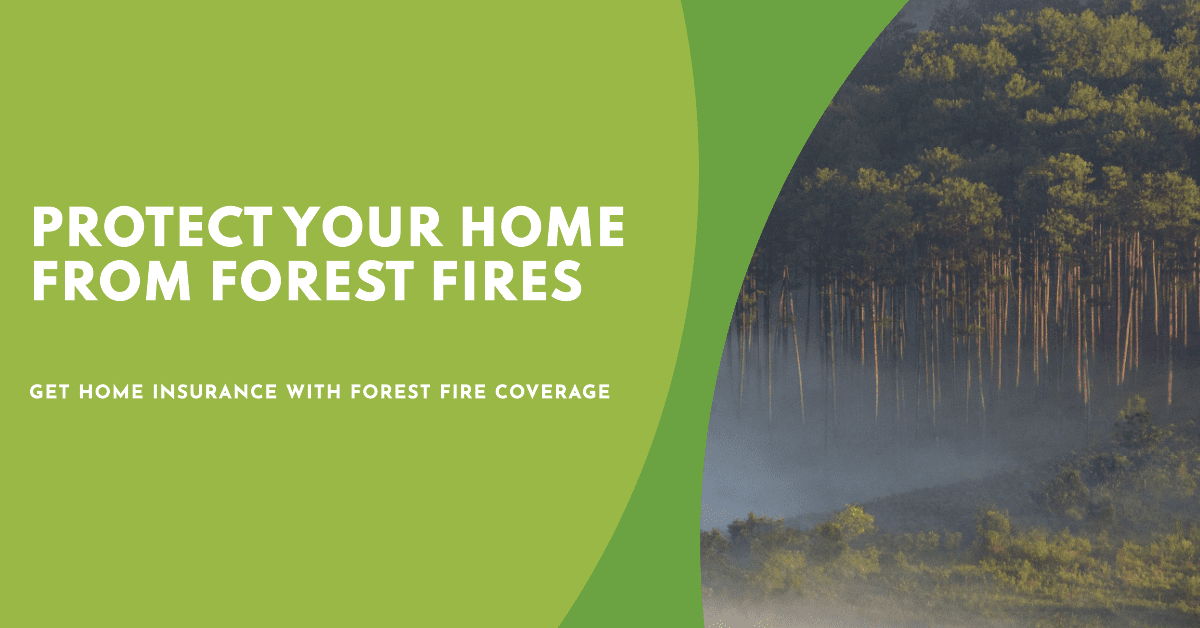Home insurance is a type of property insurance that provides coverage for a private residence. It typically includes protection against damages to the home itself, personal property within the home, and liability for accidents that occur on the property. Coverage often extends to events like fire, theft, vandalism, and certain natural disasters. Policies can vary, so it’s crucial to understand the specific terms and conditions. Home insurance can also cover additional living expenses if the home becomes uninhabitable. It’s often required by mortgage lenders and offers financial security and peace of mind to homeowners.
What is home insurance?
Home insurance pays for losses and damage to your property if something unexpected happens. Like a fire or burglary. When you have a mortgage, your lender wants to make sure your property is protected by insurance. That’s why lenders generally require proof that you have home insurance.
Is home insurance worth it?
Home insurance is generally considered worth it for several reasons:
- Financial Protection: It covers the cost of repairs or rebuilding your home after damage from covered events like fire, theft, or natural disasters.
- Personal Property Coverage: Protects your belongings inside the home, such as furniture, electronics, and clothing.
- Liability Coverage: Offers protection if someone is injured on your property and you are found legally responsible.
- Additional Living Expenses: Covers the cost of temporary housing if your home becomes uninhabitable due to a covered event.
- Peace of Mind: Provides reassurance that you are financially protected against unexpected events.
- Mortgage Requirement: Often required by lenders to protect their investment in your property.
- Affordable Premiums: The cost of premiums is generally manageable compared to the potential financial loss from a major incident.
Do I need home insuranse?
Home insurance is essential for several groups of people:
- Homeowners: Protects their investment in the property and personal belongings.
- Mortgage Holders: Often required by lenders to safeguard their financial interest.
- Landlords: Covers rental properties against damages and liability.
- Condo Owners: Provides coverage for their unit and personal property.
- Tenants: Renters insurance covers personal belongings and liability.
- Vacation Home Owners: Protects secondary residences.
- High-Risk Area Residents: Essential for those in areas prone to natural disasters.
- New Home Buyers: Ensures protection from the start of ownership.
- Families: Provides financial security and peace of mind.
- Anyone Seeking Liability Coverage: Protects against legal claims for accidents on the property.
Many homeowners pay for it through an escrow account as part of their monthly mortgage payment. You make the payments to the lender, and the lender holds the part of the payment that is for insurance in an escrow account. Then, when the bill is due, the lender pays it from the escrow account.
Note: Standard home insurance doesn’t cover damage from earthquakes or floods, but it may be possible to add this coverage. It is also sometimes referred to as “hazard insurance”.
Home Insuarance Coverages
Home Insurance Rates
How to lower home insurance
How to get Home Insurance?

It’s usually a good idea to do your research about how much it costs. You can shop separately for it and choose the provider and plan that is right for you.
If you don’t have it, your lender is allowed to buy it for you and charge you for it. But your lender must give you advance notice. If your lender buys it on your home because you did not keep up your home insurance, that may only cover the lender, and not you. It also may be more expensive than what you could buy on your own. Cheapest Home Insurance Companies in USA
Does home insuranse cover forest fires?
Your policy may cover fire damage from forest fires, but you need to check your policy’s coverage and limits. Some companies may charge extra or exclude fire damage in high-risk areas.
I suggest you contact your company to make sure your house is adequately protected from fire damage and that covers forest fires.

What is mortgage insurance and how does it work?
Mortgage insurance lowers the risk to the lender of making a loan to you. So you can qualify for a loan that you might not otherwise be able to get(1).
Typically, borrowers making a down payment of less than 20 percent of the purchase price of the home will need to pay for it. It also is typically required on FHA and USDA loans. It lowers the risk to the lender of making a loan to you, so you can qualify for a loan that you might not otherwise be able to get. But, it increases the cost of your loan. For More Info look at How Home Insurance Companies work.
It protects the lender, not you. No matter what kind, protects the lender – not you – in the event that you fall behind on your payments. If you fall behind, your credit score may suffer and you can lose your home through foreclosure.
What is Home Renters and Rental Insurance
Home rental insurance and home renters insurance are terms that are often used interchangeably, but they can refer to different types of coverage depending on the context. Understanding these differences can help you choose the right type of insurance based on your needs. Here’s a breakdown of the differences:
Home Renters Insurance
- Purpose: Designed for individuals who rent their living space (e.g., apartments, condos, houses).
- Coverage:
- Personal Property: Covers your belongings against damage or loss due to events like fire, theft, and vandalism.
- Liability: Provides coverage if someone is injured in your rental property or if you accidentally cause damage to someone else’s property.
- Additional Living Expenses: Covers costs like hotel stays and meals if your rental becomes uninhabitable due to a covered event
Home Rental Insurance or Landlord Insurance
- Purpose: Often refers to insurance for property owners who rent out their property to tenants.
- Coverage:
- Property Damage: Covers the physical structure of the rental property against damage from events like fire, windstorms, or vandalism.
- Liability: Provides coverage if a tenant or visitor is injured on the property and the owner is found liable.
- Loss of Rental Income: Covers lost rental income if the property becomes uninhabitable due to a covered event
Key Differences
- Who It’s For: Renters insurance is for tenants, while rental insurance is for property owners.
- Coverage Focus: Renters insurance focuses on the tenant’s personal property and liability, while rental insurance focuses on the property itself and the owner’s liability.

Leave a Reply